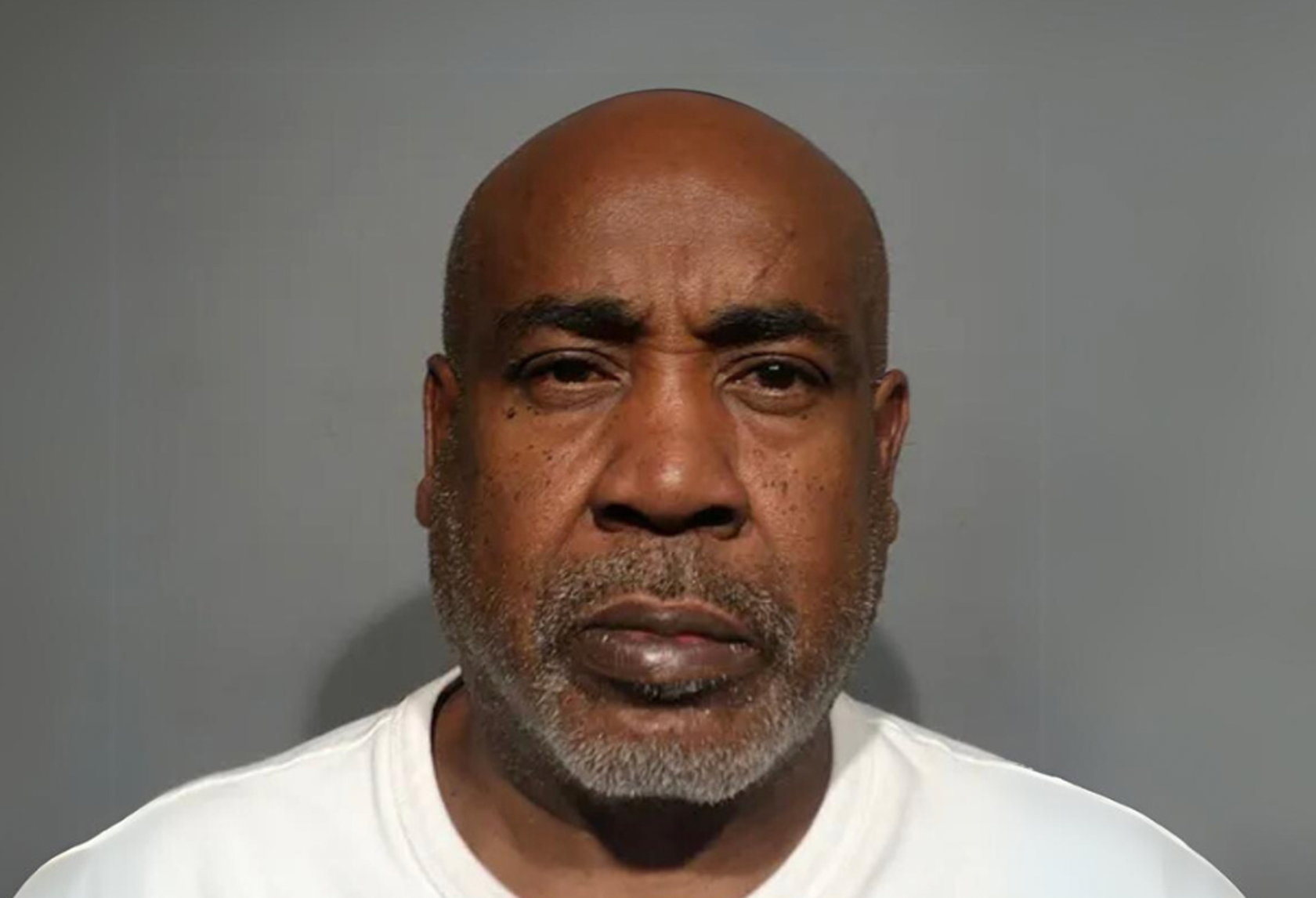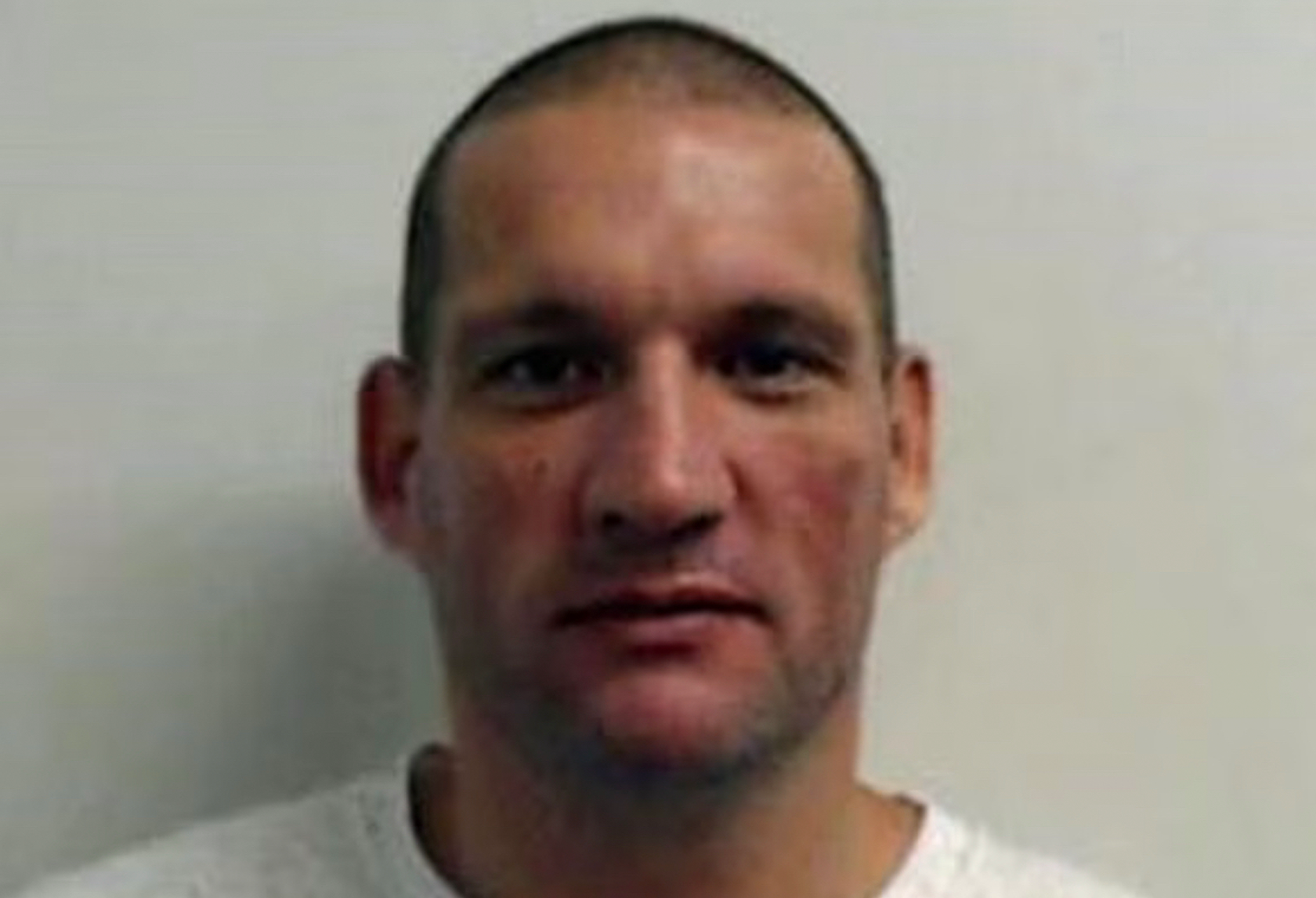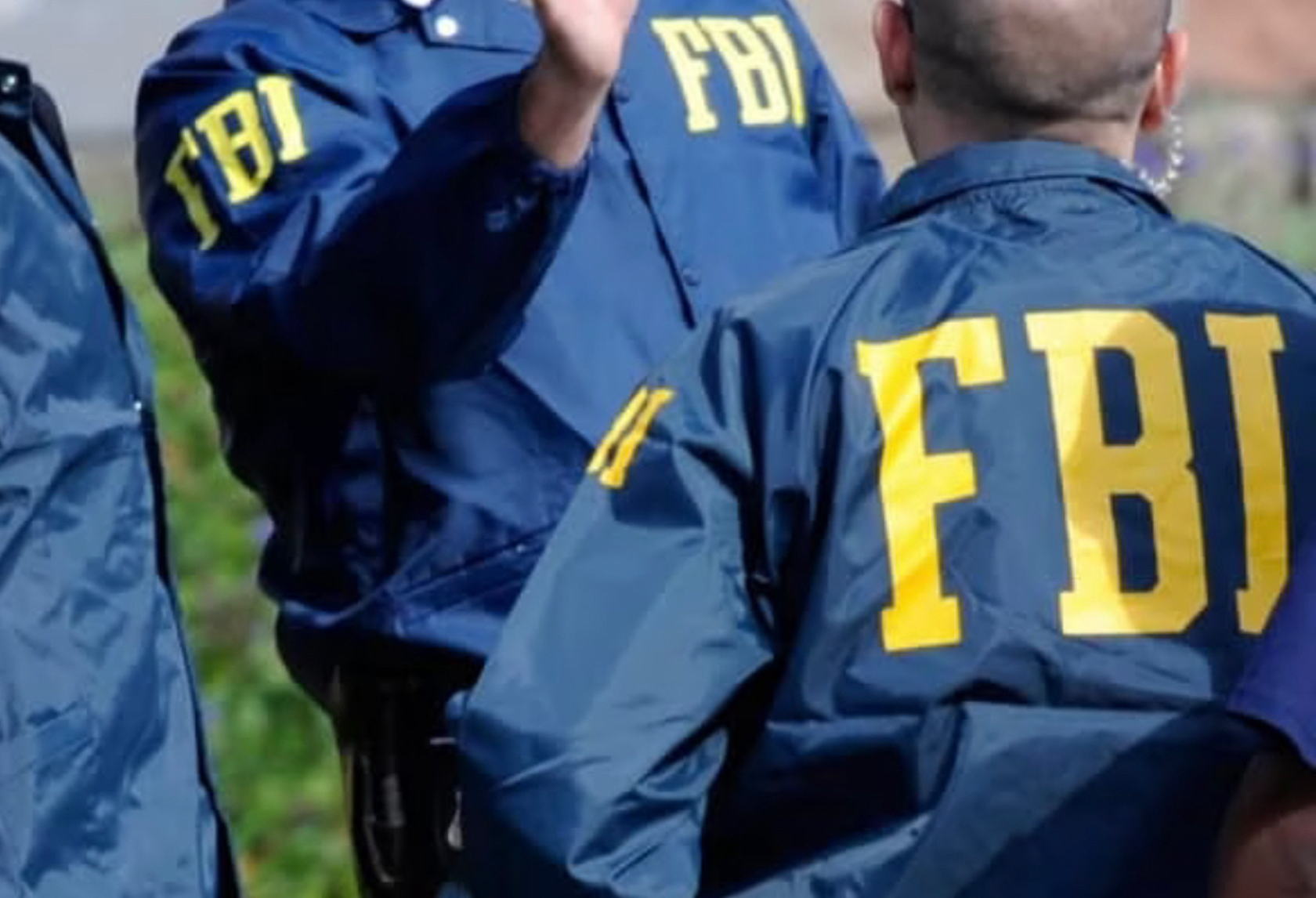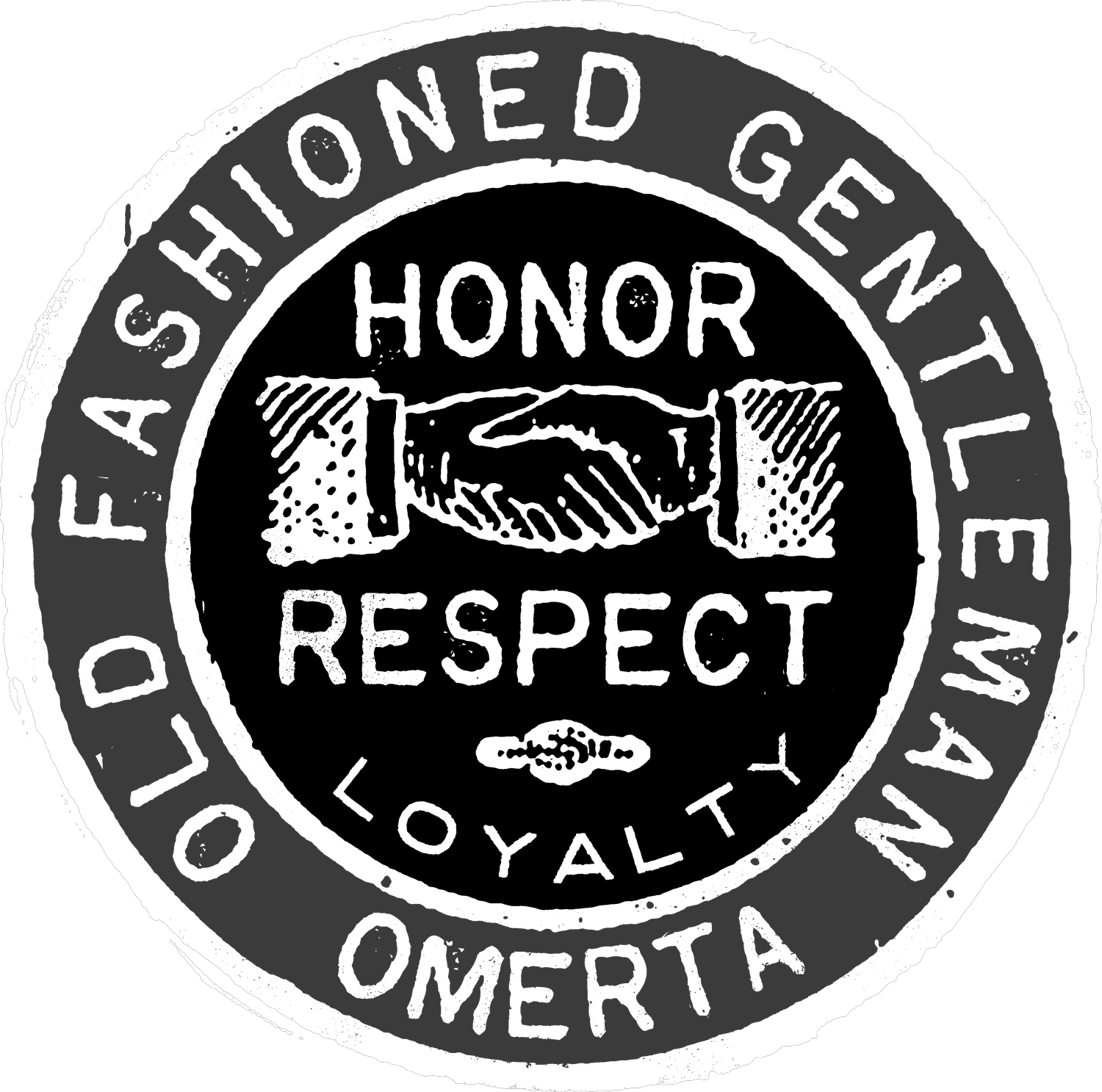Top Stories

FEATURED ITEM
MOST POPULAR

"The Surgeon: Unveiling Cleveland's Dark Legacy"

Unveiling Tupac: The Power of Dialogue

Like his mentor Johnny Torrio, Yale was a gangster who prioritized business over personal ego. Starting with basic racketeering, Yale quickly gained control of Brooklyn's ice delivery trade by selling "protection" and establishing monopolies. With the profits from these ventures, he opened the Harvard Inn bar in Coney Island's Seaside Walk in 1917.
Yale saw an opportunity to leverage the bar's collegiate name and began referring to himself as Yale. It was at the Harvard Inn that a young bouncer named Al Capone gained his infamous facial scars during a dispute with Frank Galluccio. Capone had flirted with Galluccio's sister, leading to the altercation. After working for Yale for two years, Capone was sent to Chicago by Yale himself and became part of Torrio's organization.
Yale's gang was involved in Black Hand extortion activities and operated a network of brothels. They were the first Mafia "family" to include Italians from all regions, willing to collaborate with members of other ethnic groups if it served their business interests. Yale provided various "services" to his customers, such as offering protection to local merchants, controlling food services for restaurants, and delivering ice to Brooklyn residents. Additionally, Yale dabbled in a notorious sideline business of producing cigars with his smiling face adorning the boxes. These cigars emitted a foul smell, adding to their notoriety. Yale also owned and operated a funeral home at 6604 14th Avenue, conveniently located across the street from his family's residence. When asked about his profession, Yale humorously referred to himself as an "undertaker."
With the onset of Prohibition, Yale capitalized on the opportunity and became one of Brooklyn's prominent bootleggers. This further expanded his empire and solidified his influence in the criminal underworld.
Apart from Capone, Yale employed other notable gangsters, including Joe Adonis, Anthony "Little Augie" Carfano, and Albert Anastasia. Notably, Yale's most skilled assassin was Willie "Two-Knife" Altieri, earning his nickname due to his preferred method of eliminating targets.
Yale's rise to power and his ability to forge alliances with individuals from different backgrounds helped shape the modern Mafia. His focus on business and his diverse network of associates set a precedent for future organized crime families. Yale's legacy lives on through the exploits of his former employees and his significant contribution to the criminal underworld during the Prohibition era.
Like his mentor Johnny Torrio, Yale was a gangster who prioritized business over personal ego. Starting with basic racketeering, Yale quickly gained control of Brooklyn's ice delivery trade by selling "protection" and establishing monopolies. With the profits from these ventures, he opened the Harvard Inn bar in Coney Island's Seaside Walk in 1917.
Yale saw an opportunity to leverage the bar's collegiate name and began referring to himself as Yale. It was at the Harvard Inn that a young bouncer named Al Capone gained his infamous facial scars during a dispute with Frank Galluccio. Capone had flirted with Galluccio's sister, leading to the altercation. After working for Yale for two years, Capone was sent to Chicago by Yale himself and became part of Torrio's organization.
Yale's gang was involved in Black Hand extortion activities and operated a network of brothels. They were the first Mafia "family" to include Italians from all regions, willing to collaborate with members of other ethnic groups if it served their business interests. Yale provided various "services" to his customers, such as offering protection to local merchants, controlling food services for restaurants, and delivering ice to Brooklyn residents. Additionally, Yale dabbled in a notorious sideline business of producing cigars with his smiling face adorning the boxes. These cigars emitted a foul smell, adding to their notoriety. Yale also owned and operated a funeral home at 6604 14th Avenue, conveniently located across the street from his family's residence. When asked about his profession, Yale humorously referred to himself as an "undertaker."
With the onset of Prohibition, Yale capitalized on the opportunity and became one of Brooklyn's prominent bootleggers. This further expanded his empire and solidified his influence in the criminal underworld.
Apart from Capone, Yale employed other notable gangsters, including Joe Adonis, Anthony "Little Augie" Carfano, and Albert Anastasia. Notably, Yale's most skilled assassin was Willie "Two-Knife" Altieri, earning his nickname due to his preferred method of eliminating targets.
Yale's rise to power and his ability to forge alliances with individuals from different backgrounds helped shape the modern Mafia. His focus on business and his diverse network of associates set a precedent for future organized crime families. Yale's legacy lives on through the exploits of his former employees and his significant contribution to the criminal underworld during the Prohibition era.
Related Articles

"The Captivating Legacy of La Catedral: Pablo Escobar's Luxurious Prison and the Dark Secrets Within"

From Choir Boy to Crime Boss: The Rise and Fall of Dean O'Banion

The Businessman Gangster: Yale's Rise to Power in Brooklyn's Underworld

Mob Ties and Hollywood: James Caan's Intriguing Connection

RICO Law: Unmasking the Power of Justice Against Organized Crime

From Mob Ties to Artistic Triumph: The Transformative Journey of a Famous Singer
Newest Releases
SHOP THE COMPLETE OMERTA STOREFEATURED ITEM
MOST POPULAR
ADVERTISMENT

















